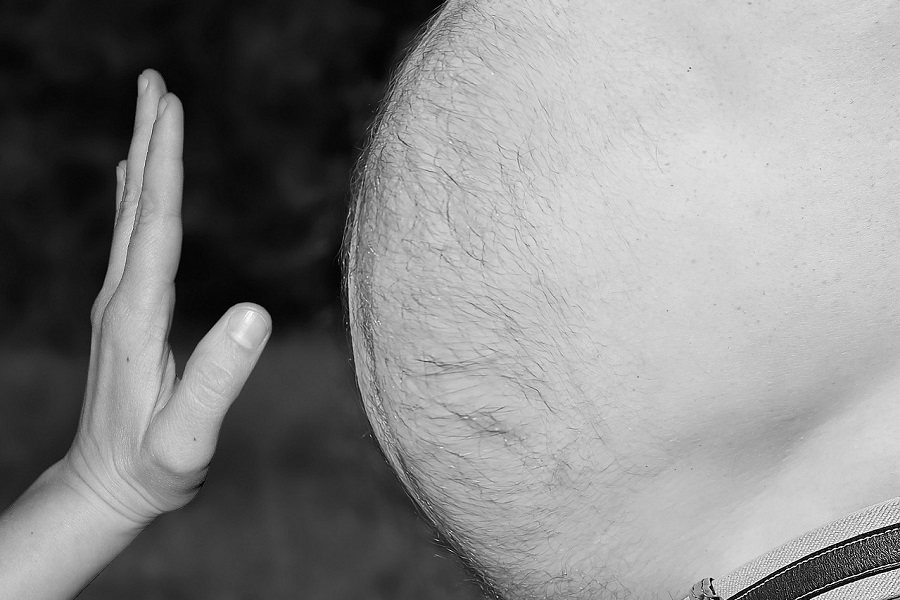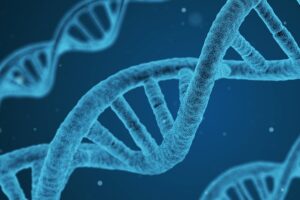Healing Non-Alcoholic Fatty Liver with a Low Carb Diet
Low Carb and Healing a Fatty Liver
Non-Alcoholic Fatty Liver Disease (NAFLD) is a prevalent condition characterised by the accumulation of fat in the liver, leading to inflammation and potential liver damage. While there is no one-size-fits-all solution, emerging research suggests that adopting a low-carbohydrate, high-fat (LCHF) diet may contribute to the management and even reversal of NAFLD. In this article, we will explore the principles behind such a diet and how it can be an effective strategy for healing a non-alcoholic fatty liver.
Understanding Non-Alcoholic Fatty Liver Disease:
Before delving into dietary interventions, it’s crucial to understand NAFLD. This condition is often associated with lifestyle factors such as sedentary behaviour, poor dietary choices, and obesity. The excessive consumption of refined carbohydrates, sugars, and unhealthy fats contributes to the accumulation of fat in the liver, leading to inflammation and, in severe cases, scarring (fibrosis) or cirrhosis.
The Role of a Low Carb, High Fat Diet:
1. **Reducing Carbohydrate Intake:**
– Limiting the intake of refined carbohydrates and sugars is a fundamental aspect of an LCHF diet. This helps regulate blood sugar levels and reduces the production of insulin, a hormone that promotes fat storage.
2. **Promoting Healthy Fats:**
– Including healthy fats in the diet, such as those found in avocados, olive oil, nuts, and fatty fish, provides essential nutrients while supporting liver health. These fats do not contribute to the same liver stress as saturated and trans fats.
3. **Encouraging Weight Loss:**
– An LCHF diet often leads to weight loss, and shedding excess pounds is beneficial for individuals with NAFLD. Weight loss can help reduce liver fat and improve insulin sensitivity.
4. **Managing Insulin Resistance:**
– Insulin resistance is a common factor in NAFLD. By reducing carbohydrate intake, the body’s sensitivity to insulin can improve, which, in turn, may alleviate stress on the liver.
5. **Incorporating Nutrient-Rich Foods:**
– An LCHF diet encourages the consumption of nutrient-dense foods like vegetables, lean proteins, and healthy fats. These provide essential vitamins and minerals that support overall health, including liver function.
Practical Tips for Adopting an LCHF Diet:
1. **Focus on Whole Foods:**
– Choose whole, unprocessed foods to maximize nutrient intake and minimise the consumption of additives and preservatives.
2. **Prioritise Omega-3 Fatty Acids:**
– Include sources of omega-3 fatty acids, such as fatty fish (salmon, mackerel), flaxseeds, and walnuts, to reduce inflammation and support liver health.
3. **Monitor Protein Intake:**
– While proteins are essential, excessive intake can strain the liver. Look for lean protein sources and consider consulting a healthcare professional for personalised advice.
4. **Stay Hydrated:**
– Water is essential for overall health and aids in the detoxification processes of the liver. Ensure an adequate daily intake of water.
Ultimately, if you have a big protruding belly (as if you were pregnant), you most likely have a fatty liver. It can take one to two years to heal a fatty liver and by reducing your carb (sugar) intake, you will naturally lower your insulin levels. While insulin is low, your body will burn it’s own fat as energy and the first place it will look to will be your internal organs – liver and pancreas. Also remember that when you eat starchy foods (carbs), your insulin levels will be high and as such, your body will enter fat storage mode – where the body will store fat into it’s own organs.
Conclusion:
A low-carb, high-fat diet shows promise as a supportive strategy for healing a fatty liver. However, it’s essential to approach dietary changes with a holistic mindset, considering individual health conditions and consulting healthcare professionals for personalised guidance. Lifestyle modifications, including regular physical activity and stress management, should complement dietary changes for optimal liver health. As with any health-related endeavour, consistency and long-term commitment are key to achieving and maintaining positive results.



